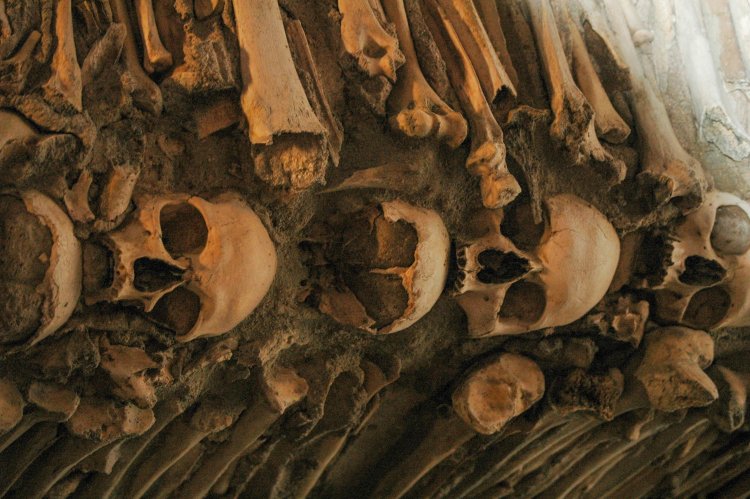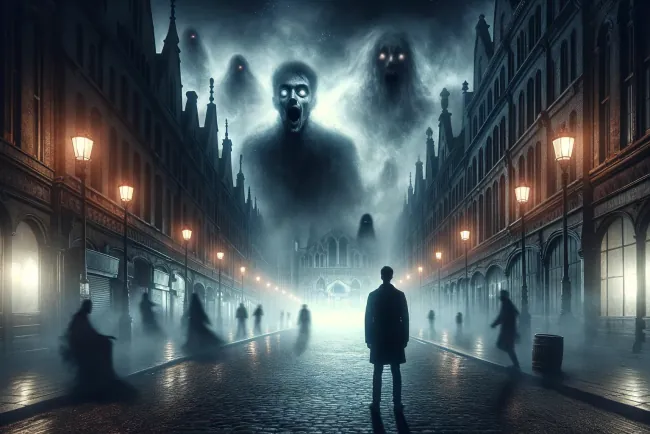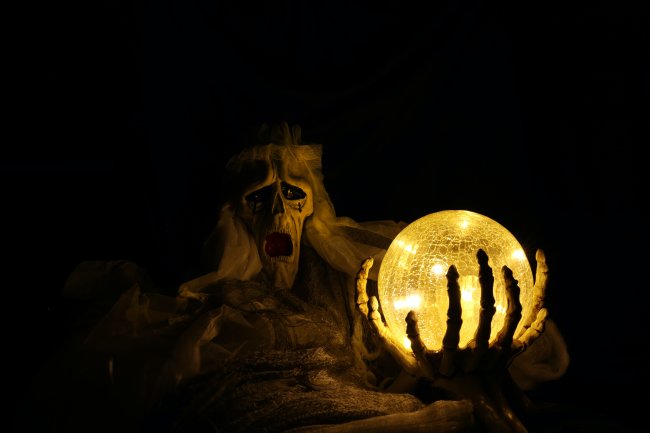Capgras syndrome the angry prophet
Only three hundred cases of patients have been studied for this type of mental and neurological illness, because the rest live among us without us

We may even follow them in the media with interest because they have touched the small spot inside each one of us, despite the safety of our psychological health.
This syndrome has been mentioned in novels and non-medical and medical books much more than we have studied specific cases of it because, as we said, they live among us.
The arts and literature showed great and detailed attention to this syndrome long before medicine analyzed it. Indeed, the syndrome may have had a very huge impact on the arts and literature in the thirties of the twentieth century, perhaps due to changing global economic conditions.
Cabergas Syndrome is represented by the sufferer being exposed to extreme, delusional beliefs (delusions). Unfortunately, he may find logical and scientific justifications for them, or at least he believes that this is something that contributes to the fact that the sufferer is most likely a “real man of science.” He uses his previous knowledge to confirm his beliefs, which with his scientific reasoning he is able to do. Mostly by convincing the public of it, which reduces the possibility of society becoming aware of his mental defect
The second most dangerous symptom is the belief that people they know personally have had their personalities falsified or that they (acquaintances) are possessed by demons.
Dostoevsky was one of the most important and first writers to refer to this condition in his work (Amphitryon), and Capgras referred to it in 1923.
But there is one of the clearest and most classic cases that appeared in Hergé's story (Tintin and the Mysterious Star) in 1946, representing one of the most famous cases of the syndrome.
In the pursuit of searching for the causes of the sudden temperature increase on the planet Earth, the young journalist Tintin, the alcoholic captain and the loyal friend of Tintin, unite with the astronomer and space geologist (Professor Fossil) when they are attacked by (Professor Veli Boulos) (an unsuccessful former colleague of) Fossil) who threatens everyone that this is the end of the world and the Day of Judgment
First contact
We see Fossil trying to convince his extremely angry and dangerous former colleague (carrying a bomb) with logic and the knowledge that Fossil is his ex-friend, using clear physical signs aimed at regaining the patient’s trust, which only increases the patient’s insistence and disbelief and stating that he is certain that whoever is talking to him is not (Qusail). Rather, Satan is wearing his body
Second contact
Captain Haddock tries to use an authoritarian style in his capacity as the captain and governor of the ship, so he orders Philly Bullus to disembark, but the mad scientist assures him that he only receives an order from heaven.
Third contact
Here, the young journalist (Tintin) is able to control the situation by exploiting the patient's own condition (treatment with infection) so that he claims to be the voice of the guardian angel of (Feli Lobos) and orders him to come down and surrender himself.
The only solution to these cases is to conform to their ideas and principles. The only problem is when someone suffering from this psychosis is in a leadership position, they fill religious shrines and are the fuel of extremism in all traditions.
It is certain that Velle Lobos was subjected to enormous psychological pressure, and it is certain that his scientific background completely helped him to be trusted among the masses of general culture. Look closely and you will find them present under every stone.
Dr. Khaled Safar
What's Your Reaction?





















